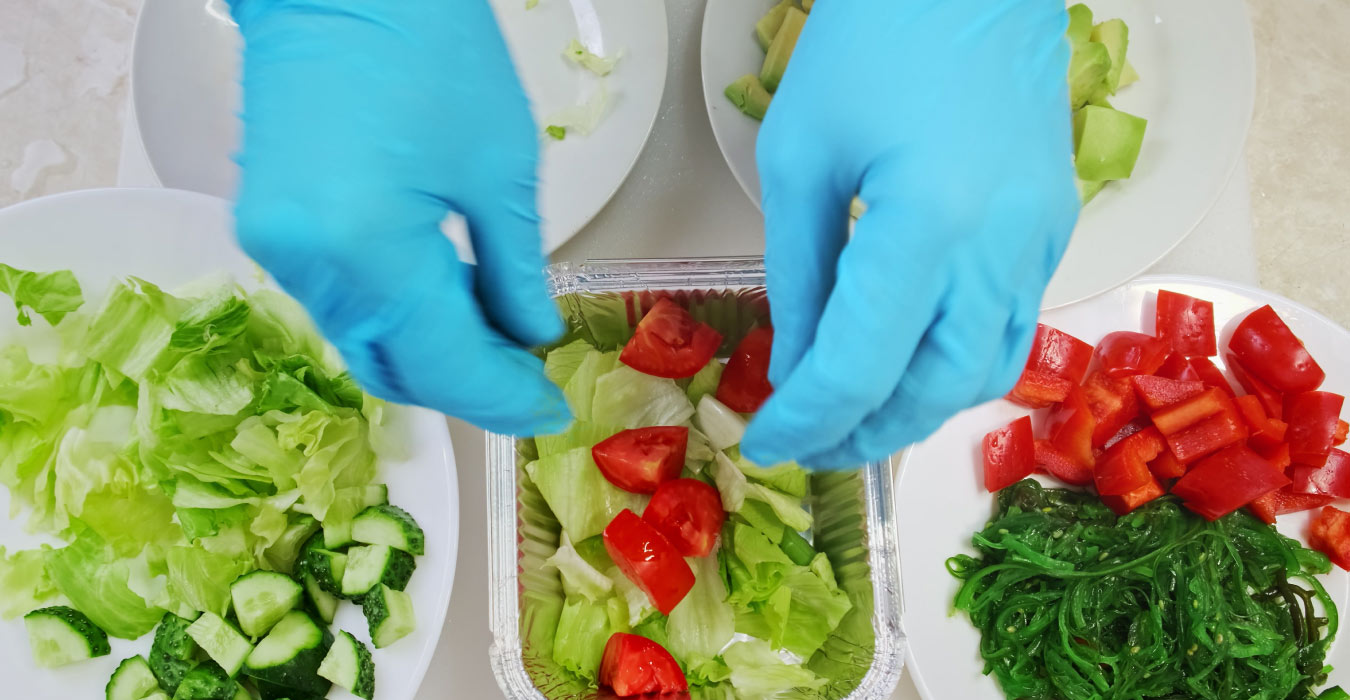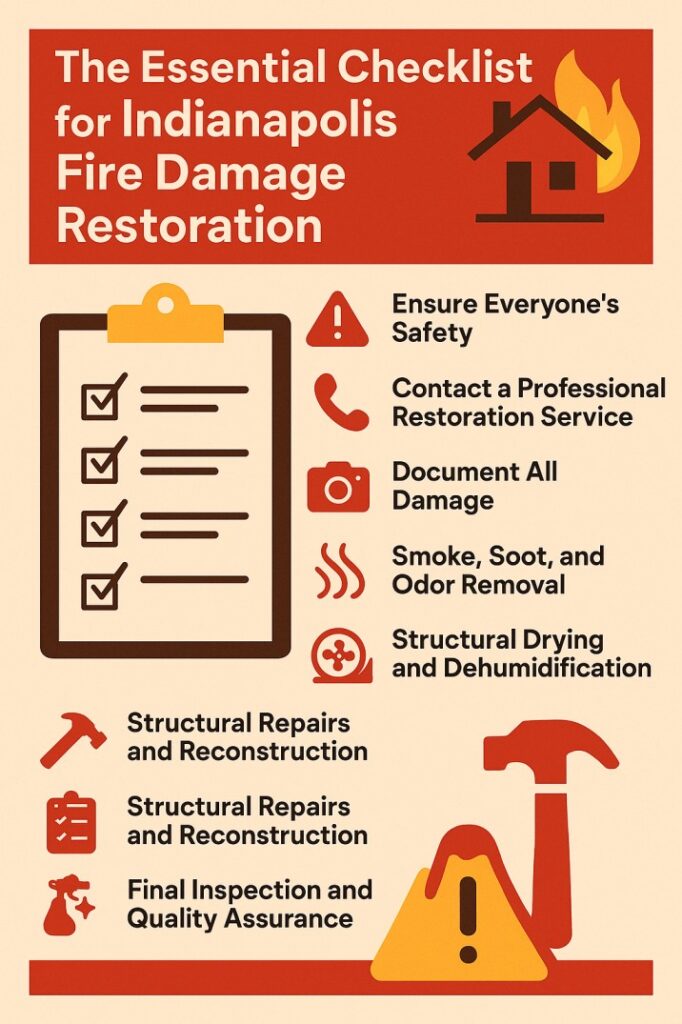In the food industry, ensuring proper food hygiene is not just a regulatory requirement, but an essential aspect of maintaining the safety, reputation, and success of a business. Food hygiene directly impacts public health, consumer trust, and a business’s bottom line. For food businesses across the UK, it’s crucial to adopt and maintain the highest standards of food hygiene practices, as failing to do so can lead to severe consequences, including foodborne illnesses, legal issues, and damaged reputation.
In this article, we’ll discuss why REHIS food hygiene is critical for food businesses, the benefits of maintaining strict hygiene standards, and best practices that can be implemented to ensure consistent hygiene management.
The Importance of Food Hygiene in Food Businesses
Ensuring Consumer Safety
One of the primary reasons food hygiene should be a priority in every food business is to safeguard public health. Foodborne illnesses can have serious repercussions, not only on the affected individuals but also on the reputation of the business involved. Bacteria, viruses, and parasites in contaminated food can cause a range of illnesses, from mild food poisoning to more severe conditions like Salmonella, E. coli, and Listeria. These pathogens can be introduced during food handling, preparation, storage, and transportation.
By ensuring that REHIS food hygiene standards are adhered to, businesses can prevent the spread of these harmful agents. Proper hygiene practices, such as regular handwashing, cleaning of surfaces, and the correct handling of raw and cooked foods, significantly reduce the risk of contamination. This keeps customers safe and protects businesses from potential legal consequences related to food safety violations.
Enhancing Consumer Trust and Reputation
Food hygiene is not just about legal compliance; it also plays a major role in establishing trust with customers. In an age where consumers are more informed and health-conscious than ever, businesses that prioritize food hygiene are seen as responsible, trustworthy, and committed to providing high-quality food.
When a business consistently follows hygiene protocols, customers can have confidence that the food they are consuming is safe, clean, and handled properly. On the other hand, poor hygiene practices, such as not adhering to the basic standards of cleanliness or failing to maintain proper food storage temperatures, can quickly lead to negative publicity, damaging the brand’s reputation and driving away customers.
Avoiding Legal and Financial Consequences
Food safety violations can have serious financial implications for food businesses. The UK Food Standards Agency (FSA) and other regulatory bodies impose strict laws and regulations related to food hygiene. Failing to comply with these regulations can result in fines, legal action, or even business closure in extreme cases.
Regularly meeting REHIS food hygiene standards and implementing proper hygiene procedures help businesses avoid these penalties. Additionally, businesses can benefit from food hygiene rating schemes, which are often published and accessible to the public. A high rating can increase customer loyalty and attract new business, whereas a low rating can deter customers and negatively impact sales.
Best Practices for Maintaining Food Hygiene
1. Proper Training for All Staff
Food hygiene practices begin with the staff who handle the food. Comprehensive training for all employees, from kitchen staff to delivery drivers, is essential to maintaining high standards of hygiene. REHIS food hygiene training provides the knowledge and skills needed to understand proper hygiene practices, including handwashing, sanitizing surfaces, and preventing cross-contamination.
Training should be ongoing to ensure that staff members stay updated on the latest hygiene practices and regulatory requirements. This training should also include information on personal hygiene, such as the importance of wearing protective clothing, such as gloves, hairnets, and aprons, when preparing or serving food.
2. Maintaining Cleanliness in the Premises
A clean environment is essential for food safety. Regular cleaning of all kitchen surfaces, equipment, and utensils helps prevent the buildup of harmful bacteria that can lead to contamination. This includes daily cleaning routines, sanitizing surfaces after food preparation, and ensuring that all equipment is in good working condition. Floors, walls, and storage areas must also be regularly cleaned to prevent dirt or food particles from accumulating.
In addition, keeping the premises free from pests is crucial to maintaining high food hygiene standards. Pest control measures should be in place to prevent rodents and insects from contaminating food supplies or food preparation areas.
3. Proper Food Storage and Temperature Control
The correct storage of food is essential for preventing contamination and ensuring that food remains safe for consumption. REHIS food hygiene guidelines emphasize the importance of storing raw and cooked foods separately, using airtight containers, and maintaining the correct temperature for refrigeration and freezing.
Refrigerators and freezers should be regularly checked to ensure that they are operating at the correct temperature. Cold foods should be stored at a temperature of 5°C or below, while hot foods should be kept at 63°C or higher. This helps to slow the growth of bacteria that can cause foodborne illnesses.
4. Preventing Cross-Contamination
Cross-contamination is one of the leading causes of foodborne illnesses. It occurs when harmful bacteria are transferred from one surface, utensil, or food item to another. To prevent this, food businesses must implement clear procedures for handling raw foods and cooked foods separately.
Separate cutting boards, knives, and utensils should be used for raw meats, fruits, vegetables, and other food items. Furthermore, hands should be washed thoroughly after handling raw food to prevent contamination from spreading. Regular sanitization of surfaces, such as countertops, sinks, and food preparation areas, is crucial to minimize cross-contamination risks.
5. Regular Inspections and Audits
It’s essential for food businesses to regularly inspect and audit their hygiene practices. Internal audits can help identify potential risks and address them before they lead to contamination or violations. Additionally, businesses should encourage external inspections by REHIS or similar organizations to ensure that hygiene standards are consistently met.
A proactive approach to hygiene inspections not only reduces the risk of contamination but also helps maintain high hygiene ratings that positively affect consumer perception and loyalty.
6. Waste Management
Proper waste disposal is an integral part of maintaining food hygiene. All food waste should be disposed of in sealed containers, and waste disposal areas should be kept clean to avoid attracting pests. Additionally, waste management practices should be in place to ensure that food is disposed of properly to prevent cross-contamination with edible products.
The Role of REHIS Food Hygiene in UK Businesses
The REHIS (Royal Environmental Health Institute of Scotland) provides essential resources and qualifications for food safety professionals across the UK. Businesses that undergo REHIS food hygiene training programs gain a deep understanding of food safety regulations and best practices. This training helps food businesses ensure that their staff are equipped to handle food safely, preventing contamination and ensuring that the business complies with UK regulations.
By following REHIS food hygiene standards, food businesses can also participate in various food hygiene rating schemes, which can be a significant factor in attracting customers. These ratings are often publicly displayed, and businesses with high ratings gain a competitive advantage over those with lower scores.
Conclusion
Food hygiene is a crucial aspect of every food business. From ensuring consumer safety and preventing the spread of foodborne illnesses to maintaining a positive reputation and avoiding legal penalties, food hygiene should always be a top priority. By adhering to REHIS food hygiene standards and implementing best practices such as regular training, proper sanitation, and temperature control, food businesses in the UK can maintain high hygiene standards and build trust with their customers.
For businesses looking to improve their hygiene practices and gain a competitive edge, it’s essential to invest in food hygiene training and maintain a strong focus on hygiene throughout their operations. Brands like Emcare are dedicated to helping food businesses meet these hygiene standards and thrive in a competitive marketplace.
For more information about technology visit relxnn









